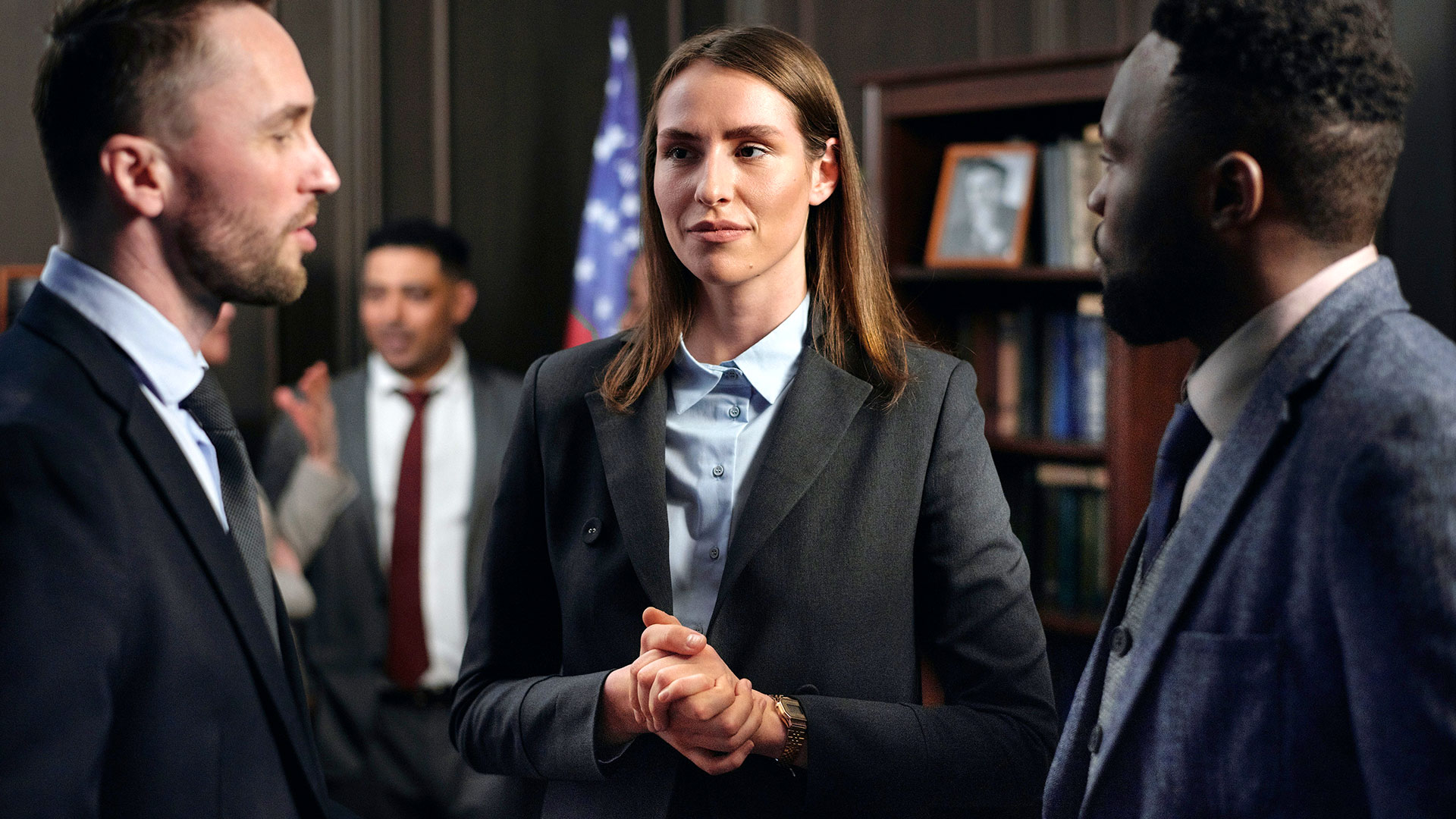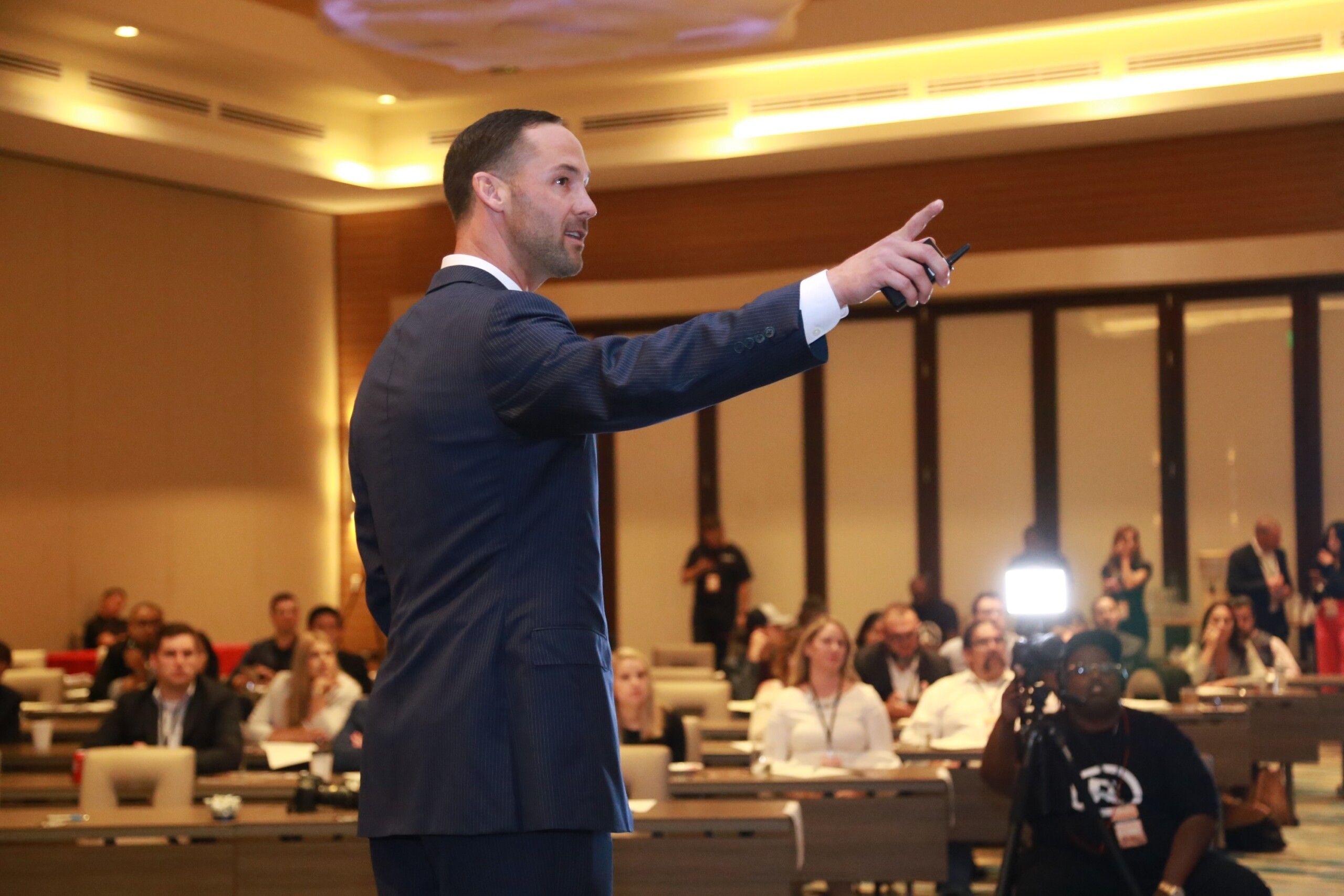
Defense Attorney vs Prosecutor: Navigating the Legal Arena
In the hallowed halls of justice, two formidable forces collide: defense attorneys and prosecutors. Each with distinct roles and responsibilities, these legal warriors play a pivotal role in the intricate machinery of the legal system. While both share the goal of upholding justice, their approaches, strategies, and ethical obligations differ significantly. In this comprehensive exploration, we delve into the profound disparities between defense attorneys and prosecutors, shedding light on the complexities that define their roles in the courtroom battle.
1. The Prosecution: Guardians of the State’s Interest
The Prosecutor’s Mandate
Prosecutors, also known as district attorneys or state attorneys, are the representatives of the state or federal government. Their primary responsibility is to seek justice on behalf of the people and to ensure that those who violate the law are held accountable. Prosecutors play a crucial role in maintaining law and order, prosecuting criminals, and safeguarding the interests of society.
Ethical Obligations: Pursuing Justice
One of the fundamental ethical obligations of a prosecutor is to seek justice, not merely convictions. This means they are duty-bound to consider not only the evidence that supports the guilt of the accused but also evidence that might exonerate them. Prosecutors are expected to be impartial, presenting all relevant evidence to the court, even if it weakens their case. Their goal is not to win at any cost but to ensure that justice prevails.
2. The Defense: Guardians of Individual Rights
The Defense Attorney’s Role
Defense attorneys, on the other hand, serve as the guardians of individual rights, advocating for the accused. Their primary responsibility is to provide legal representation to individuals facing criminal charges. Defense attorneys uphold the constitutional principle that every person is innocent until proven guilty and work tirelessly to protect their clients’ rights, ensuring they receive a fair trial.
Ethical Obligations: Zealous Advocacy
The cornerstone of defense attorneys’ ethical obligations is zealous advocacy. They are duty-bound to advocate passionately and diligently on behalf of their clients, challenging the prosecution’s case, questioning witnesses, and scrutinizing evidence. While their primary loyalty lies with their clients, defense attorneys are also officers of the court, obligated to uphold the law and ethical standards in their pursuit of justice.
3. Strategies in the Courtroom Battle
Prosecution Strategies: Building a Convincing Case
Prosecutors employ a range of strategies to build a convincing case against the accused. They gather evidence, interview witnesses, and collaborate with law enforcement agencies to establish a strong foundation for their case. Their objective is to prove the guilt of the defendant beyond a reasonable doubt, relying on credible evidence, expert testimonies, and legal precedents to secure convictions.
Defense Strategies: Challenging the Prosecution
Defense attorneys, equipped with an arsenal of legal knowledge, craft strategies to challenge the prosecution’s case. They may question the admissibility of evidence, challenge the credibility of witnesses, or present alternative narratives that raise doubts about the prosecution’s claims. Additionally, defense attorneys might explore procedural errors, constitutional violations, or the credibility of law enforcement officers to create reasonable doubt in the minds of the jurors.
4. The Courtroom Drama: Adversarial but Respectful
Adversarial Nature of the Legal System
The legal system is inherently adversarial, pitting the prosecution against the defense in a battle of wits, evidence, and arguments. This adversarial nature ensures that both sides present their best cases, allowing the judge and, often, a jury to impartially weigh the evidence and render a verdict. The clash of these opposing forces is a fundamental aspect of the justice system, fostering rigorous scrutiny and ensuring a fair and balanced trial.
Respectful Professionalism
While the courtroom battle is adversarial, it is also marked by a profound sense of professionalism and respect. Both prosecutors and defense attorneys are officers of the court, bound by ethical codes and legal standards. Despite their opposing roles, they share a mutual respect for the legal process, understanding the significance of their roles in upholding the integrity of the justice system. This respect translates into rigorous yet respectful courtroom engagements, where arguments are sharp but always within the bounds of legal decorum.
Balancing Justice and Rights
In the realm of law and justice, defense attorneys and prosecutors are the pillars upon which the legal system stands. While their roles are inherently adversarial, they share a common purpose: to ensure that justice is served. Prosecutors champion the interests of society, seeking accountability for crimes committed, while defense attorneys safeguard the rights of individuals, advocating for fairness and due process.
Understanding the profound disparities between defense attorneys and prosecutors not only enriches our knowledge of the legal system but also fosters a deep appreciation for the delicate balance between justice and individual rights. As we navigate the complexities of the courtroom battle, we recognize the significance of these roles in upholding the principles of fairness, equality, and justice for all.
Written by a Top SEO Company in Melbourne, FL




